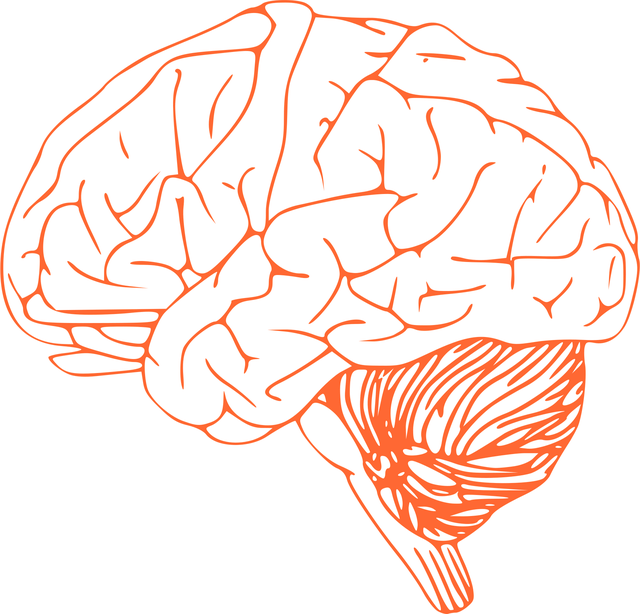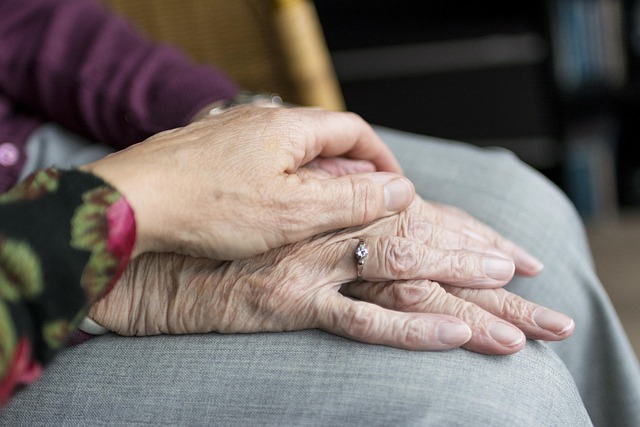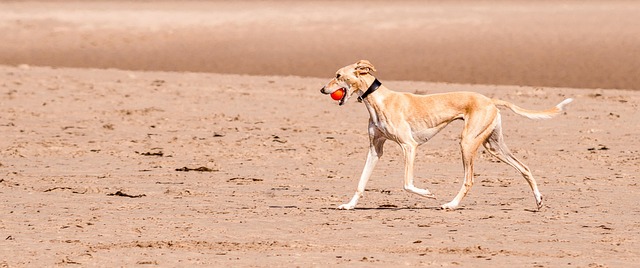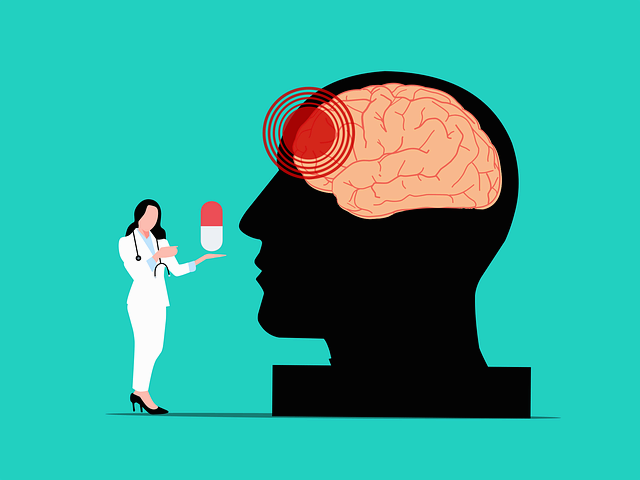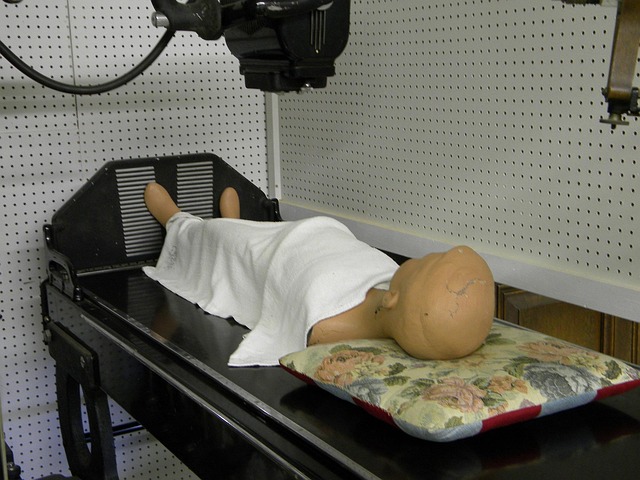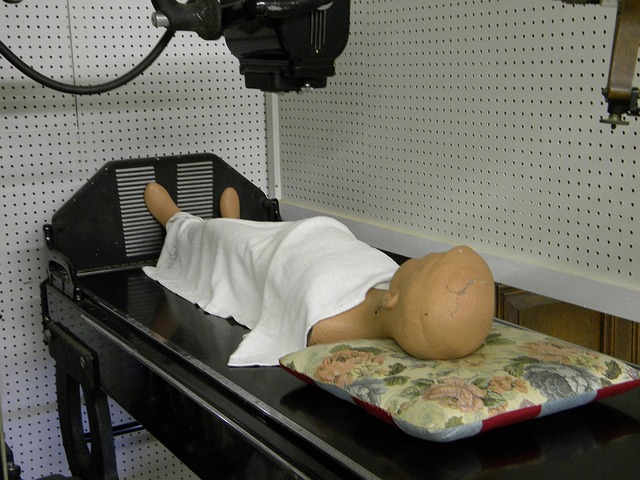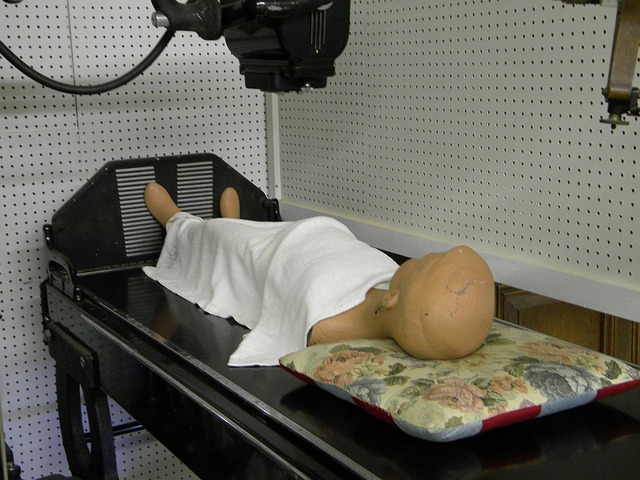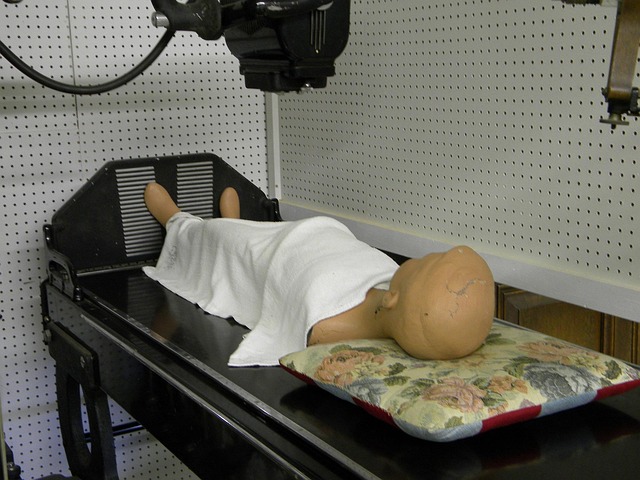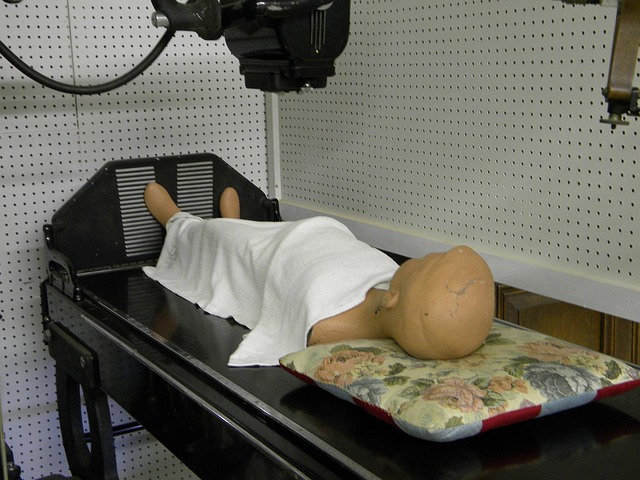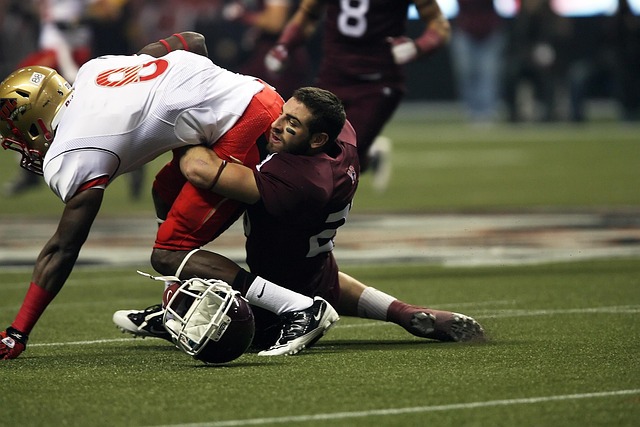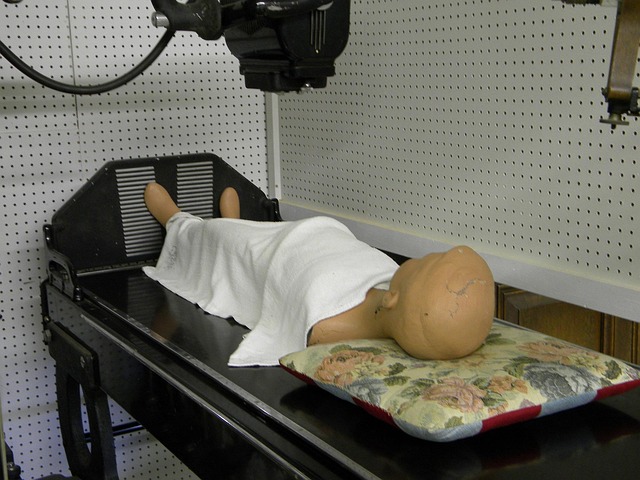Post-concussion chiropractic rehabilitation is a specialized, holistic approach using spinal manipulation, manual therapy, and personalized exercise to aid recovery from traumatic brain injuries. Chiropractors address structural imbalances and nerve irritation through techniques like adjustments and soft-tissue therapy, reducing inflammation and enhancing nervous system health. Success requires patient compliance with protocols including consistent appointments, home exercises, open communication, and setting realistic recovery goals. Technologies like electrical stimulation or heat/cold therapy can further enhance healing in this natural treatment for concussion injuries.
Post-concussion chiropractic rehabilitation is a crucial aspect of recovering from a concussion injury. This article delves into the critical role of chiropractic care in aiding patients’ return to normal function after a concussion. We explore effective techniques, including adjustments, therapy exercises, and lifestyle modifications, that can significantly enhance recovery outcomes. Understanding these methods empowers individuals and healthcare providers alike to navigate the complexities of post-concussion rehabilitation with confidence and optimism.
- Understanding Post-Concussion Chiropractic Rehabilitation
- The Role of Chiropractic Care in Concussion Recovery
- Effective Techniques and Expectations for Success
Understanding Post-Concussion Chiropractic Rehabilitation
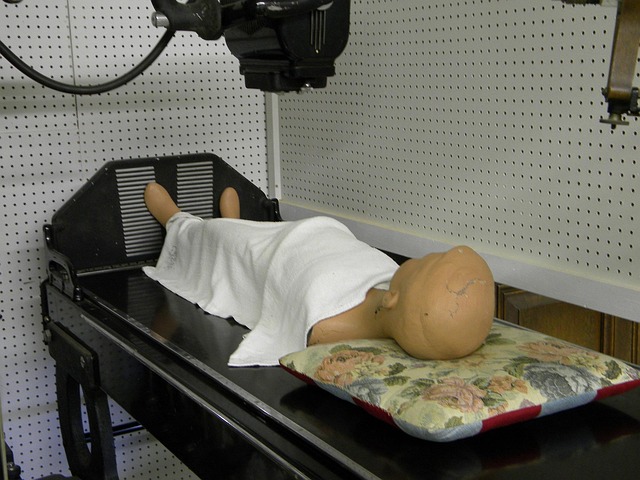
Post-concussion chiropractic rehabilitation is a specialized approach designed to help individuals recover from the effects of a concussion injury. Chiropractic care focuses on the manipulation and adjustment of the spine, as well as other joint structures, to improve nervous system function and reduce symptoms associated with concussions. This type of treatment aims to alleviate pain, improve mobility, and enhance overall recovery by addressing any underlying spinal misalignments or restrictions that may have contributed to the injury.
Chiropractic rehabilitation for concussion typically involves a combination of manual therapy, exercise protocols, and patient education. Chiropractors create personalized treatment plans that consider the unique needs and symptoms of each individual. This holistic approach integrates various techniques, such as spinal adjustments, soft-tissue therapy, and specific exercises designed to strengthen the neck and improve balance, aiming to optimize recovery and prevent further injury.
The Role of Chiropractic Care in Concussion Recovery
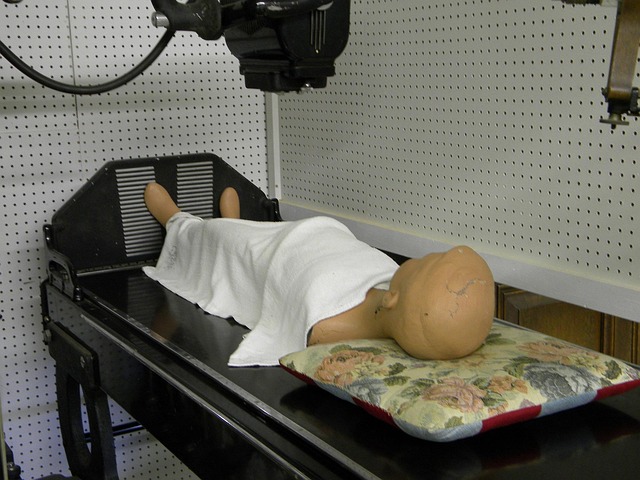
Chiropractic care plays a significant role in post-concussion rehabilitation, offering natural and non-invasive approaches to aid recovery. Chiropractic treatment for concussion injury focuses on addressing structural imbalances and reducing nerve irritation that can persist after a traumatic brain injury. Chiropractors use various techniques such as gentle adjustments, soft tissue therapy, and exercise protocols tailored to the individual’s needs.
These interventions aim to improve spinal function, reduce inflammation, and enhance overall nervous system health, all of which are crucial for the successful recovery from concussion. By addressing underlying mechanical issues, chiropractic care can help alleviate symptoms like headaches, dizziness, and cognitive impairments often associated with post-concussion syndrome.
Effective Techniques and Expectations for Success
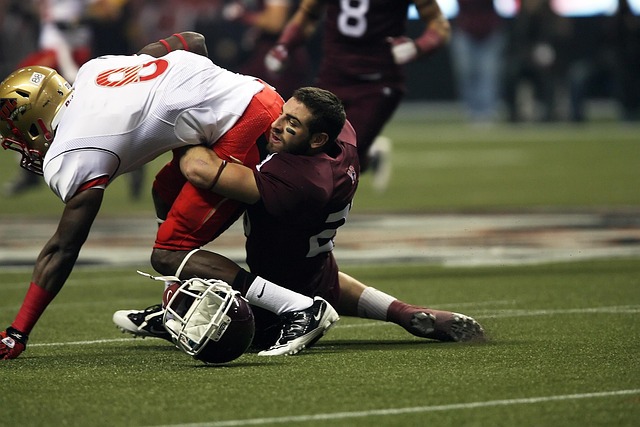
Post-concussion chiropractic rehabilitation is a specialized approach designed to address the unique challenges posed by concussions. Effective techniques often include a combination of manual adjustments, soft tissue therapy, and targeted exercises aimed at improving neurological function and reducing symptoms. Chiropractors may also incorporate technologies like electrical stimulation or heat/cold therapy to enhance healing.
Success in chiropractic treatment for concussion injury is predicated on several factors. Patient compliance with the rehabilitation protocol is crucial. This involves consistent attendance at appointments, adherence to home exercise programs, and following dietary recommendations if applicable. Additionally, open communication between the patient and chiropractor is essential to monitor progress, adjust treatments as needed, and manage expectations. Realistic goals should be set, understanding that recovery from a concussion is a gradual process that may take time.
Post-concussion chiropractic rehabilitation offers a promising path to recovery for individuals experiencing symptoms beyond the acute phase. By focusing on evidence-based techniques, such as spinal manipulation and targeted exercises, chiropractors can play a pivotal role in alleviating post-concussive symptoms and promoting neuroplasticity. Understanding the specific approaches and setting realistic expectations is key to ensuring success. With dedicated care, many individuals can regain their pre-injury function and quality of life following a concussion. Chiropractic treatment for concussion injury has shown significant potential in accelerating recovery and enhancing overall well-being.
